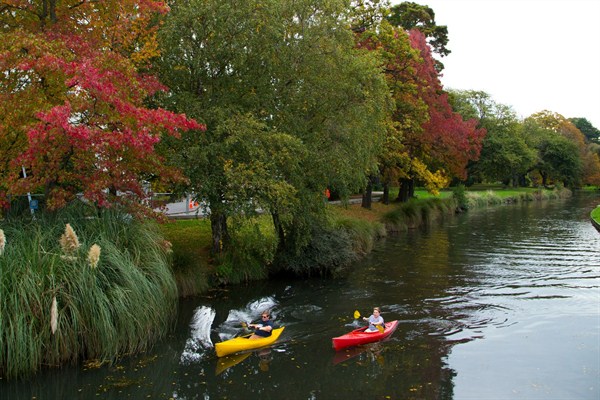The majority of New Zealand’s once pristine rivers and streams have been rendered unswimmable—and some of its water supplies undrinkable—by contamination from the country’s intensive agro-food industry. Although environmental issues, including agricultural policy, were debated ahead of New Zealand’s general election in September, little has been done since a new coalition government took power. In an email interview, Mike Joy, a senior lecturer in ecology at Massey University in New Zealand, discusses the dangers of intensified farming and successive governments’ failure to find solutions.
WPR: How have changes in New Zealand’s agro-food industry over the past decade led to a substantial increase in pollution and water contamination?
Mike Joy: The biggest change in the agro-food industry in New Zealand in the past decade has been the continued intensification of farming, which has occurred mainly in dairy production. This can be seen in the significant ongoing use of both nitrogen fertilizer, which is used to grow grass, and palm kernel expeller, a palm-oil extract that is used to feed cows. While intensified farming has driven increases in milk production, it has sadly not achieved a similar increase in productivity. This is because farm input increases have exceeded production gains, resulting in a decline in productivity of around 0.6 percent over the past decade or more. This decline in productivity is not surprising because in biological systems, increases in production are not linear in relation to inputs; rather they plateau as ecological limits are reached. A further downside of farming intensification is the well-documented increases in the rate of pollution, in this case in the form of more greenhouse gas emissions and runoff of nitrate and phosphate into freshwater supplies.

